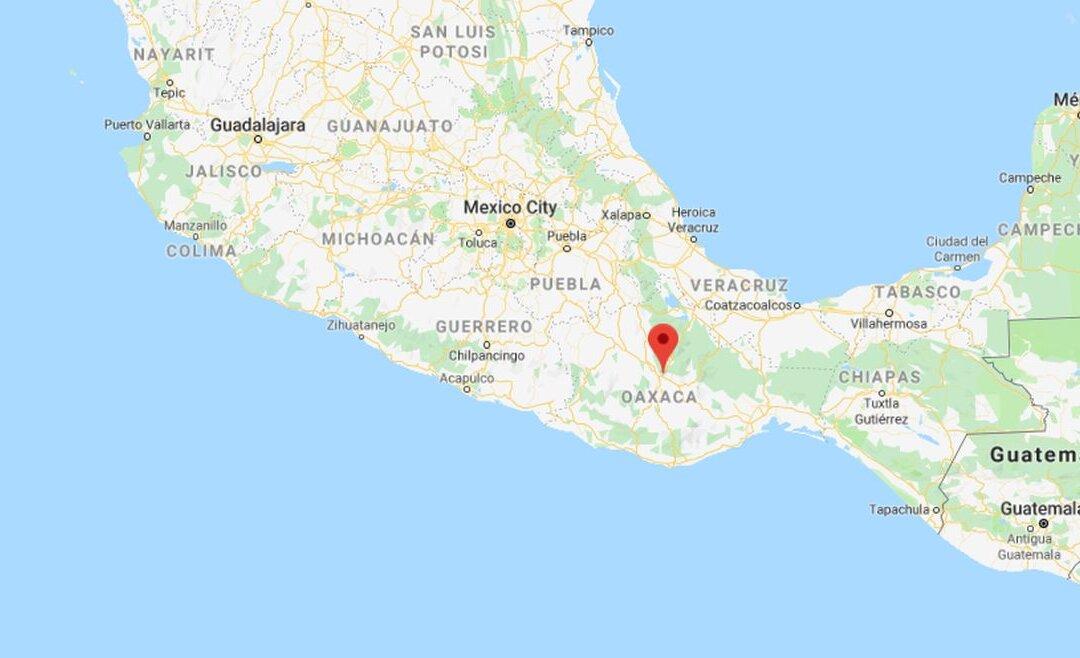A pastor in southwestern Mexico was shot dead during Sunday service in Oaxaca state on Aug. 19, according to an international Christian charity.
Alfrery Líctor Cruz Canseco was in the pulpit of the Fraternidad Cristiana church in Tlalixtac de Cabrera when he was gunned down “at point-blank range,” said Christian Solidarity Worldwide (CSW), a human rights organization that works on behalf of people persecuted for Christian beliefs around the world.





